The 2022 Shortlist
ABR is pleased to present the shortlist for the 2022 Peter Porter Poetry Prize, which this year received 1,328 poems from thirty-four countries.
Congratulations to those who reached the shortlist: Chris Arnold, Dan Disney, Michael Farrell, Anthony Lawrence, and Debbie Lim. Each of their poems is listed below in alphabetical order by author. For the full longlist, click here.
Join us to announce the winner: The 2022 Peter Porter Poetry Prize award ceremony is at 6pm on January 19. The night will feature the shortlisted poets introducing and reading their poems before a special guest announces the overall winner.
This is a free event but bookings are essential (an access link will be sent out closer to the date). Please RSVP using the email This email address is being protected from spambots. You need JavaScript enabled to view it.. We look forward to a night of readings and celebrations, and hope to see you there
Sixes and Sparrows
by Chris Arnold
Mathematics is perfect; reality is subjective. Mathematics is defined; computers are ornery.
Mathematics is logical; people are erratic, capricious, and barely comprehensible.
– Bruce Schneier, Secrets and Lies
it begins with three libraries, three swamps. one that cut bright segments
from the air. with backs to black powdercoat: a shiver of hand,
turtleneck. with hand in hand under the osprey nest: a guide through dark.
stop and watch the time – this will repeat: a black cat on the em.
and head up dear, you’re shallow and blind. it begins with mathematics:
questions of whether white is one or zero. crow equals zero: too easy.
make an adder from nand gates, broken alternator belts, sparrows’ feet.
all sums go to zero: distance between black cat and reasons to wake.
a wake: the hours ductile, made of unquiet desolation. wait, we’re getting
ahead of ourselves – it begins with advice. violence. it begins with a radius:
pain, six weeks with a cast left arm. in the aftermath, hagiography:
chorus of meanings / layers of black. a history of threat: face framed in crow.
add another: no saint. case made from metal: for earthing; for capacity
to withstand. thin bleed of warmth: eddy currents under insulation. always
a magic word: helo for email, jfif for picture, stalker for impact. bits missing
in truth tables. braided paper carries weight: force and point for passing skull.
it all boils down to threat: black cat on the keyboard, glass shards,
actor-network theory. inside a skull’s osmotic action, always revenant:
a shade in the substrate. and, of course, the software says black
isn’t black, only zero traced in the shadow / an indecipherable cause.
relax, relax. a six-day panic attack gets you plenty of work.
that, and eye-burning: light the way to fresh-washed skin, cotton;
a black cat on the femurs. is sleep a black cat on consciousness?
how much of that happened? where’s the evidence? is this enough?
again. it begins with email – always does. helo. how do you cope?
it begins with admission: negative zero. a hand at the back of the neck
is either quiet or threat, one or zero. and hand on the wrist, an empty
mantissa. it begins with a library, third swamp, adios florida.
it begins in a hall: old library dusted. you could hang a blue whale
in there; someone has. how much steel suspends a jawbone?
who braids metal cable? and could they braid baleen? it’s a black
leather jacket and the smell you’d know anywhere: the one that creeps
out, spreads everywhere. it begins with accusation: magenta sensation
spread through the flesh: birds of paradise, bison. what kind of life
in a glass case? is there reddening (back to accusation) or a blanch?
bison, birds – taxidermy – the black iron branch: passer, deliciae.
passer: evacuee. it begins with flight from the city, set aside the sparrow
at six. all the stories say never look back: the gods get salty. spend time
in a skinner box: never get sick of beginnings, go back for the kick.
whether the birds are black or white, this one flies from sight.
no. start again. it begins with ativan for dinner, with sleep disruption:
the kicking all it knows for affection. is the black dog a black cat in disguise?
pyjamas? what colour’s its moustache? it begins with friday this time.
with the thickest coffee you can make, black cats’ breakfast,
and head up dear, the rabbit may die. it begins with sorry fourfold,
third swamp’s banks, difficult pills. jfif: dusty pink, black feathers
in her hair. his empty pockets, face drained away. he’s in some hell
or another and no ladder. empty pockets. the thing about time
is its engineering: no space for suicide plans in the jawbone of panic–
good show. who braids the cable? what load can it carry? it begins
with conversation, with revision, with critique. a threading. operations
can be parallelised without common critical sections; with panic
and memory function: the high whine of platters spun to seventy-two hundred,
oxide dropped off – as if dlp6 roped off questions of pad, sparrow, chrysler
spire, night skyline. it begins closer to home: one or zero footprints
on country, black cat dodges the djiti-djiti. it begins where it always has:
splined under railtracks: old dog and what he wouldn’t give for a kick;
a black cat marked the edge / of one of many circles. it begins with fascination:
that which can’t be clawed back. someone’s been hunting: low to the ground,
toes angled for purchase. helo. how do you do time? its ends? and in between
it begins with spilt red wine: magenta sensation in his face. shame –
it begins with secrets: jarrah wood smoke; something unsaid, low walls.
it begins with black cats, never the wine – quarry and moon.
it begins with sunlight in irises, white pullover, thrown rhizomes.
it begins with orphée. the slow descent has begun. adios, yes.
Works referenced
William Basinski, ‘dlp6’, The Disintegration Loops IV (line 54)
Angela Carter, ‘The Bloody Chamber’ (lines 2–3)
Catullus, ‘2’ (line 36)
Jorie Graham, ‘The Dream of the Unified Field’ (line 12)
Eric Hamilton, JPEG File Interchange Format (lines 15, 46)
Johann Johannsson, Orphée (lines 37,65)
J Klensin (editor), RFC2821: Simple Mail Transfer Protocol (lines 15, 25, 60)
Bruce Schneier, Secrets and Lies
Wallace Stevens, ‘Thirteen Ways of Looking at a Blackbird’ (lines 20, 58)
The Twilight Sad, ‘And She Would Darken the Memory’ (lines 5, 45)
_____________
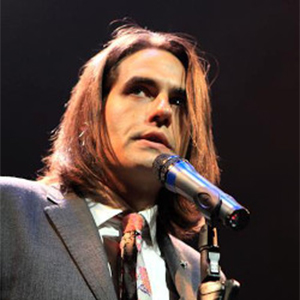 Chris Arnold is a poet and software engineer from Perth, on Whadjuk Noongar country. Chris is currently completing a PhD in Creative Writing at the University of Western Australia. Chris specialises in electronic literature and information security, and he is the recipient of a Queensland Literary Award for a collaboration with David Thomas Henry Wright. He is the outgoing web editor for Westerly, and his work has appeared in Westerly, Cordite, and ABR’s States of Poetry.
Chris Arnold is a poet and software engineer from Perth, on Whadjuk Noongar country. Chris is currently completing a PhD in Creative Writing at the University of Western Australia. Chris specialises in electronic literature and information security, and he is the recipient of a Queensland Literary Award for a collaboration with David Thomas Henry Wright. He is the outgoing web editor for Westerly, and his work has appeared in Westerly, Cordite, and ABR’s States of Poetry.
Gippslanding (triptych)
by Dan Disney
>>
lumpen-proling an outer
suburb gun shop’s counter, he’s off
to Kuta MATE ANY CHANCE
WE GET, drags cadre of city shooters
each Easter to mountains
at Mittagundi, this dozy dozer
cousin hoohahing the moo of his bull
in highest legal calibre, the dog
teams bacchanal-savage
at 4WD thighs of the hero-parodies
waddling back channels, swamped
camo gear over strained paddocks
into nightfall, Fitzgerald’s hut
hypertensively exploding spotlight
whitely into flumed valley enfoldments
as if seeking a mounded crevice
to slide into, or hole in which to set
the key of self, unlocking unreal
plenitudes of being … but, no, this
bullet-spurting panic of flankers
whoops in thou-shalts
across cornerless flatworld terrains
of mind, warbling empty
as prey-birds circling animalities
(their own), berserk, unlost, unmad
>>
Spring nights, our Landcruiser
crawling Hinnomunjie hills,
our spotlights scanning the fence lines
like a bad god’s crazed intention
unblinking, our rifles
nursed out windows, murmuring
in dogged ½ talk, ‘oi
roo,’ & our scrub-crossing beams
hell-bright, nuzzling the blast
… we are stabbing holes,
terminally, into marsupial lives,
our violence a bland high country
brotherhood’s recreation,
& our term for the joeys in pouches
is ‘dispatch,’ as if horror
will always find euphemism
in the peripheral leaden folds
of a readymade scene, our brutalities
structural, a quiddity snarled
in mutters of WHO
THE FUCK WAS TO KNOW, those
nights depthless with stars
shuddering the aeons, & our disavowals
in blunt grammar
keeping each soulless, static
in a surface tension of inherited wrongs
repeating, freely & by rote
>>
in thick slabs, Autumn
moonlight ghosts Bogong, the night
impounding the Mitta & our tinnie
bobs the Dartmouth Dam, stars
on black waters as if shoal eyes deeply
whirling, adrift, stricken
by the monochrome formidable
depths we barely intuit, ‘how do you say
whereof we cannot speak, thereof etc.
in Dhudhuroa or Yaithmathang,’
night has been asking, & ‘what
are we taught to think
of beauty without content,’ all night
¼ lit & casting the ether
for Macquarie perch (native,
endangered) & rainbow trout (introduced)
staying mute, steadfastly
silent, struck dumb as inheritance
_____________
 Dan Disney’s most recent books are accelerations & inertias (Vagabond Press, 2021) and the anthology New Directions in Contemporary Australian Poetry (co-edited with Matthew Hall; Palgrave, 2021). His writing appears in Angelaki, Kenyon Review, Antipodes, Orbis Litterarum, and CounterText, and he is a regular reviewer with World Literature Today. He teaches with the English Literature Program at Sogang University in Seoul, South Korea.
Dan Disney’s most recent books are accelerations & inertias (Vagabond Press, 2021) and the anthology New Directions in Contemporary Australian Poetry (co-edited with Matthew Hall; Palgrave, 2021). His writing appears in Angelaki, Kenyon Review, Antipodes, Orbis Litterarum, and CounterText, and he is a regular reviewer with World Literature Today. He teaches with the English Literature Program at Sogang University in Seoul, South Korea.
Australianesque
by Michael Farrell
Peter Porter wrote a sonnet sequence about Christopher Brennan
which has never been published. The poem, which he showed me,
during my brief masquerade as Brian Castro, was in a red notebook.
I didn’t feel comfortable being Castro long, although Brian himself
was ok with it: given my work with Melbourne’s HK community
(offering advice on being LGBTQ+ in Australia, providing practice
dating sessions, etc.). The title of the poem was ‘Australianesque’,
which Peter verbally qualified as a working one. He was venturing
(his verb) on the acrostic form, not, à la Gwen Harwood,
with any mischievous intent, yet partly in subtle homage to her
famous stunt. Rather than use, as would be conventional – he felt,
he said, too conventional – Brennan’s or Harwood’s names, he used
the fourteen letters of the coinage, ‘Australianesque’, to start each line.
(Hence his reservation regarding the title, which would give it away.)
The poem – and the notebook itself – seem to have disappeared.
I went through Porter’s archive – and talked to his charming daughter –
when I was being Helen Garner, and had an idea about writing a book
about death as emotional blackmail, tentatively titled ‘The Ultimate’,
that would bring together Ted Hughes, Brennan, and other widowed
writers. My (i.e. Helen’s) publisher was sceptical and the project died
a natural death. By then I was myself again. It’s a funny position
to be in, when my own interests overlap with those of the identities
I assume. I write poems about the quarrels I have with myself (usually
to do with approach or emphasis) like a proper Yeatsian, and wish I
could talk to – or as? – Judith Wright about them. Peter Steele writes
about this notion somewhere; but Peter P never mentioned Yeats to me.
(He seems livelier than W.B.) Perhaps we could compare Yeatsians
and Steinian poets, along the lines of a quarrel with nouns? But not
Here. I remember the poem itself better than others I’ve been shown by
illustrious antecedents, because of the form: e.g. ‘N’ for Ned Kelly.
In the poem, Kelly appears as Brennan’s spiritual ancestor.
Or perhaps rhetorical ancestor is more accurate. Compare Ned’s
The Jerilderie Letter to Brennan’s Musicopoematographoscope and I
think you will see what I mean. It’s a productive convergence
of the desperation to be heard, coupled with an enraged desire to damn
their respective audiences. It’s tempting to wonder what Porter’s
brilliant mind might’ve done with ‘I’ for Indigenous and ‘Q’ for Queer,
but that is to wonder like a person of 2021 or -22. And you can spell
‘Australianesque’ without other key initials – M for Migrant, for
instance, C for Convict, or G for Gold. Porter was, I think, more
interested in the slipperiness of the suffix ‘-esque’ (using ‘Dantesque’
and ‘carnivalesque’ in his poem): its shortfall and excess.
_____________
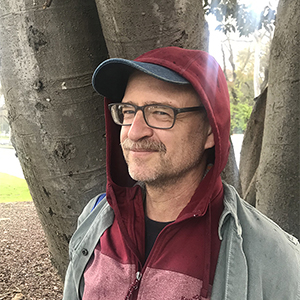 Michael Farrell’s books include Family Trees and I Love Poetry (both published by Giramondo), the scholarly Writing Australian Unsettlement: Modes of Poetic Invention 1796–1945 (Palgrave Macmillan), and, as editor, Ashbery Mode (TinFish), an Australian tribute to John Ashbery. Born in Bombala, NSW, in 1965, Michael has lived in Melbourne since 1990. Michael Farrell won the 2012 Peter Porter Poetry Prize.
Michael Farrell’s books include Family Trees and I Love Poetry (both published by Giramondo), the scholarly Writing Australian Unsettlement: Modes of Poetic Invention 1796–1945 (Palgrave Macmillan), and, as editor, Ashbery Mode (TinFish), an Australian tribute to John Ashbery. Born in Bombala, NSW, in 1965, Michael has lived in Melbourne since 1990. Michael Farrell won the 2012 Peter Porter Poetry Prize.
In the Shadows of Our Heads
by Anthony Lawrence
I’d called the Humane Society to report the neglect
of a neighbour’s dogs. A woman assured me there
would be an investigation, took my details, then asked
if I needed more assistance. I mentioned the flightless
swans of Malta, and she said Imagine, ten thousand years,
then added They were the size of the pygmy elephants
that also roamed the island. To test her liability
to respond in a capering manner, I described the pattern
of my sleep and how, after drinking Akvavit, my cells
become part of the dust of the Horse Head Nebula.
Your astral projection is world class, she said. I could
see a swivel chair, the noise-cancelling headset, a light
blue blouse embroidered with a hook or claw symbol,
the windows of light on her shoes. Are your projections
always so peregrinatory? I’m curious, as I sense I’m far
too fond of the regional. Satisfied, I felt compelled to ask
if Spring, in the mountains, had ever crossed her radar
as a good season and reason for marriage, but chose
instead to invite her for a drink. I don’t date, but we
could drive, as long as you’re partial to Elgar’s
‘Nimrod’, anything by Wagner, and my minder, Karl,
who, depending on his mood, likes to follow at a clip
or respectful distance in his Beamer. I laughed. Alright,
she said, His name is Bob, he’s either a serial tail-gater,
or he moves like a tortoise in his Triumph Mayflower.
On Sunday morning, her music darkening the speakers,
we passed the wreckage of housing estates, then onto
a road lined with trees that cast flickering lines
of light and shade like a view through the arrow-slit
of a zoetrope. We opened the past and found things
worth sharing. As a child she’d been orphaned when,
escaping a forest fire, the family car had come adrift
in smoke and driven off a bridge. She had lost an eye
and her spine had been broken. The monocular vision
and limp had ended her ribbon-floor exercise routine.
When we met, she had approached like someone
leaning into wind. I told her I’d stolen meteor samples
from an observatory on a school excursion. This had led
to frequent stealing, and when I said kleptomania,
I lowered my voice and concluded the confession
with the words illness, serial, and the eight-point-turn
of psychopharmacological. When we stopped for lunch,
I sat across from her by a river whose patchwork surface
she described as snake skins sewn haphazardly together.
I saw the glass eye, and she said Ocular. Three perfect
syllables, then they ruined everything with Prosthesis.
Her hand hovered briefly over mine before moving on.
I said nothing and she took a long time to answer it.
We discussed rescue dogs and how certain bats would
make good pets if only their bites weren’t potentially
lethal, causing fever and delirium. At fifteen, she had
run away to live in a trilogy of Mervyn Peake novels.
I suggested we return via a pub where the Guinness
is collared velvet, the music live. As we stood, the flame
of a kingfisher fluttered on like a pilot light and went out
in the shadows of our heads.
_____________
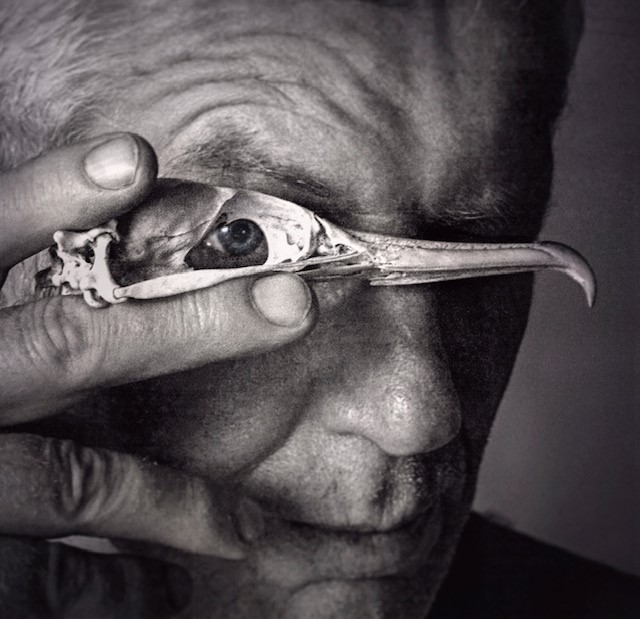 Anthony Lawrence has published sixteen books of poems, the most recent being Ken (Life Before Man, 2020). His books and individual poems have won a number of awards, including the Peter Porter Poetry Prize, the Prime Minister’s Literary Award for Poetry, the Philip Hodgins Memorial Medal, and the Blake Poetry Prize. A new book of poems, Ordinary Time, a collaboration with the poet Audrey Molloy, is to be published in 2022. He teaches Creative Writing at Griffith University, Queensland, and lives on Moreton Bay.
Anthony Lawrence has published sixteen books of poems, the most recent being Ken (Life Before Man, 2020). His books and individual poems have won a number of awards, including the Peter Porter Poetry Prize, the Prime Minister’s Literary Award for Poetry, the Philip Hodgins Memorial Medal, and the Blake Poetry Prize. A new book of poems, Ordinary Time, a collaboration with the poet Audrey Molloy, is to be published in 2022. He teaches Creative Writing at Griffith University, Queensland, and lives on Moreton Bay.
Hummingbird Country
by Debbie Lim
My aunt says, never trust a hummingbird. Never trust
a creature which flies backwards with ease, whose feet
were made useless for walking. My aunt is not a real
aunt but a cat shaped like a woman. She runs her claws
across the ceiling and drags my heart from room to room
in a grey ribbed mouth. She stalks in gardens. Steals all
the hummingbird feeders. Later I hear their glass bones
jittering apart in the sack when she kisses them
with a hammer. My aunt says never trust an animal
that is armless like god – in each eye sits a minute camera.
She gouges out each flowering bush by the house,
installs heavy velvet blackout curtains.
Bad days she binds me to the chair. I practise violet
palpitations and miniature thoughts, teach my fingers
to flutter so fast you can’t see them. I wear skin brooches:
tender blues, green. She hasn’t noticed I am mastering
the art of iridescence. Evenings, I collect slugs and grind them
to a paste. Gather lichens, compare the tensile
strength of different kinds of spiders’ silk. In my head I hone
a delegation of moons. My tongue lengthens
and grooves. Under darkness I rehearse the languages
they will speak in the new country: Snowcap, Emerald,
Hermit, Bee … When she comes in at night to check my breath,
I sink deep into torpor. I am learning to sleep
like the dead in a thimble of moss. Each morning on waking
I perform fresh wingbeats in bed. Marvel at how
small I’ve become. Tomorrow break of day, I will be
glint of raindrop. Genuflection of light. Rotation of air –
afterwards she will lift back the sheet and find nothing
but a tiny pair of dropped arms.
_____________
Note: This poem draws on a line from Norman Dubie’s poem ‘Hummingbirds’: They will be without arms like god. Snowcap, Emerald, Hermit and Bee are varieties of hummingbirds.
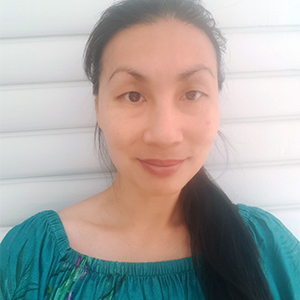 Debbie Lim’s poems have appeared regularly in the Best Australian Poems series and in Contemporary Asian Australian Poets, among other anthologies. Recent work appears or is forthcoming in Meanjin, Westerly, Overland, Mascara Literary Review, and Island. She has received the ArtsACT Rosemary Dobson Award. Her chapbook, Beastly Eye, was published by Vagabond Press, and she is working on a full-length collection. She lives in Sydney.
Debbie Lim’s poems have appeared regularly in the Best Australian Poems series and in Contemporary Asian Australian Poets, among other anthologies. Recent work appears or is forthcoming in Meanjin, Westerly, Overland, Mascara Literary Review, and Island. She has received the ArtsACT Rosemary Dobson Award. Her chapbook, Beastly Eye, was published by Vagabond Press, and she is working on a full-length collection. She lives in Sydney.


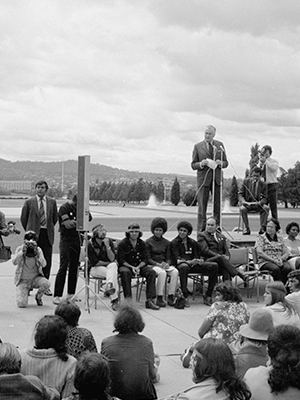

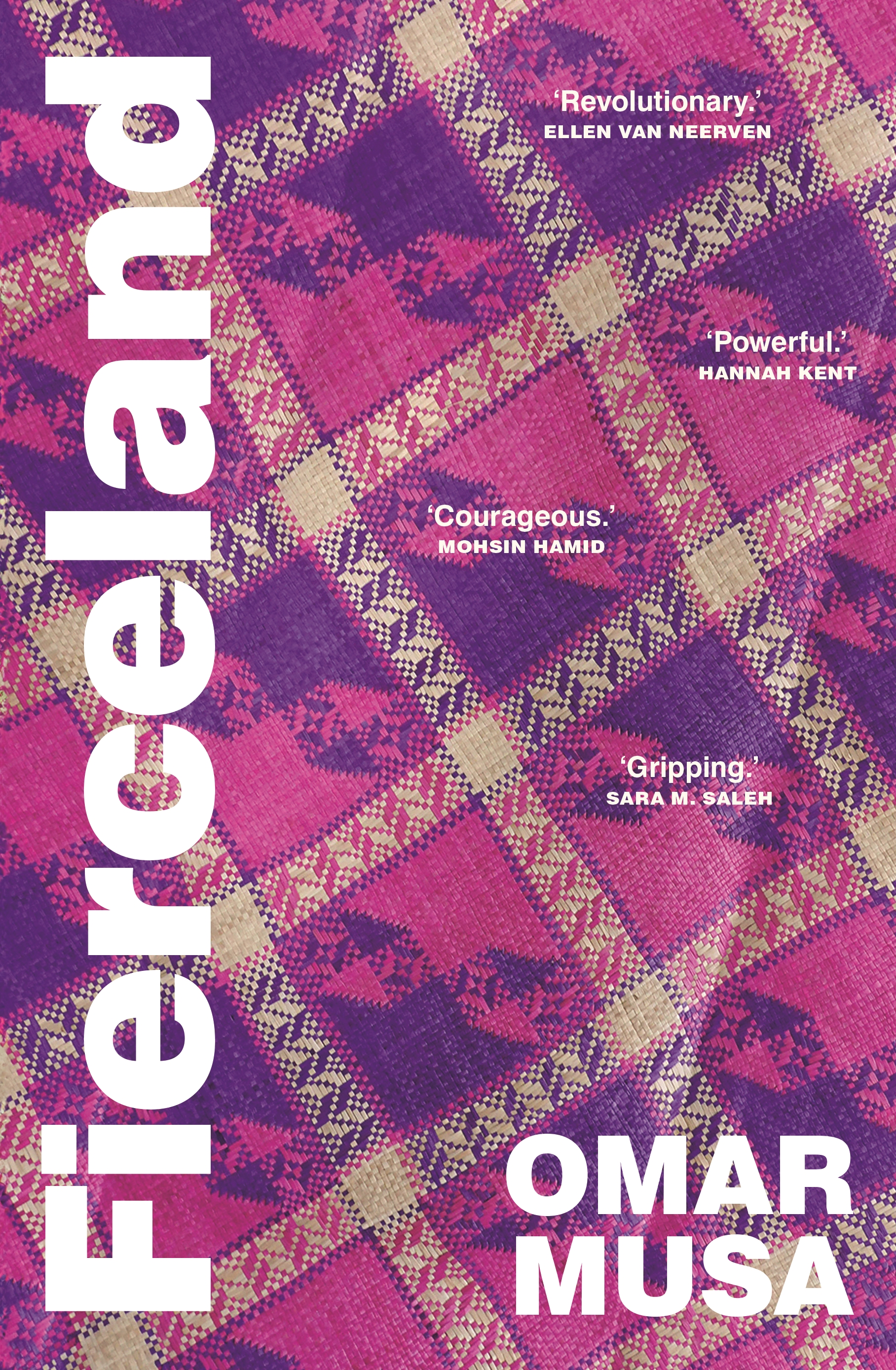
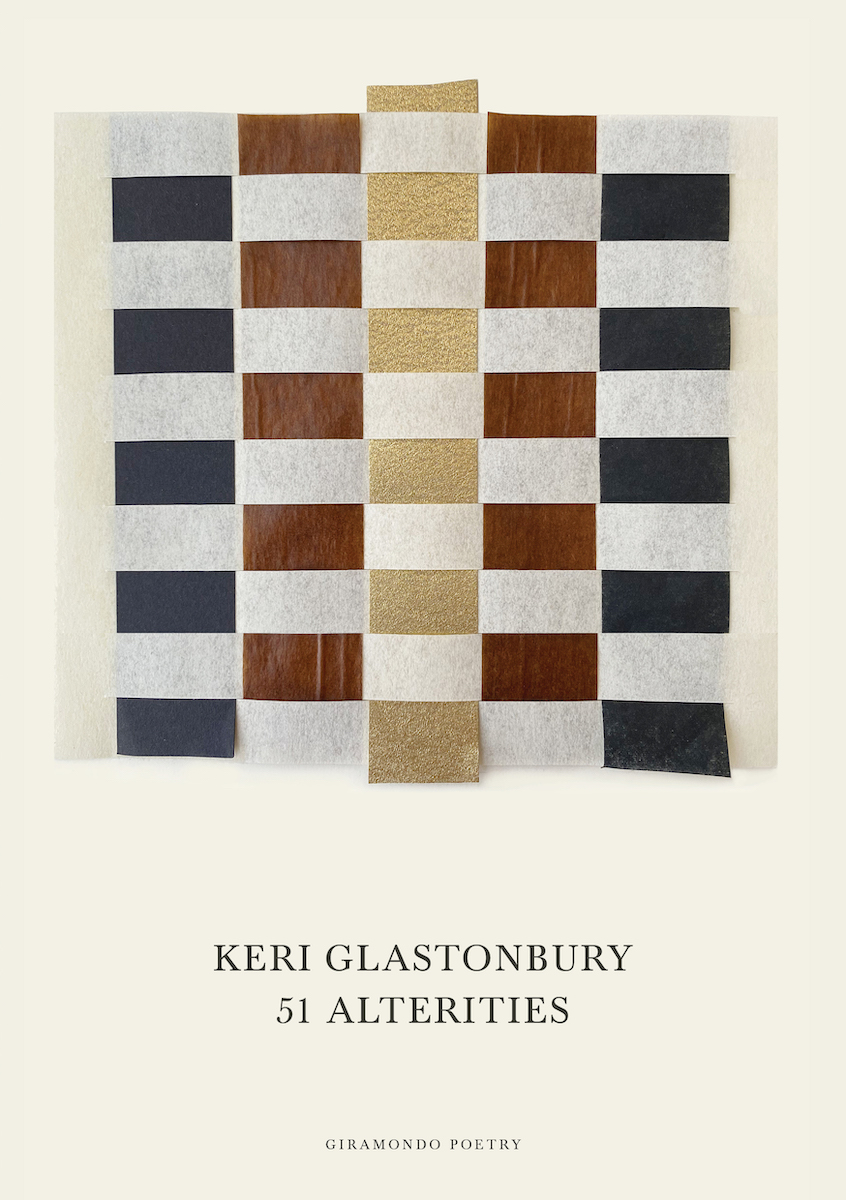

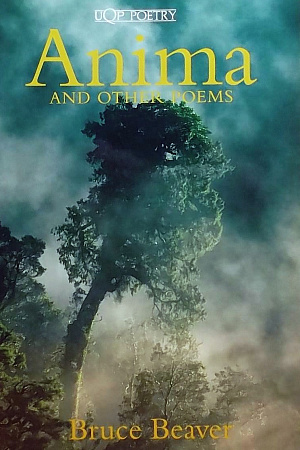
Leave a comment
If you are an ABR subscriber, you will need to sign in to post a comment.
If you have forgotten your sign in details, or if you receive an error message when trying to submit your comment, please email your comment (and the name of the article to which it relates) to ABR Comments. We will review your comment and, subject to approval, we will post it under your name.
Please note that all comments must be approved by ABR and comply with our Terms & Conditions.